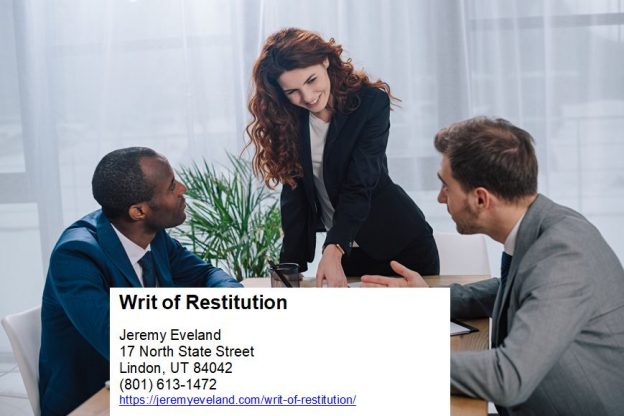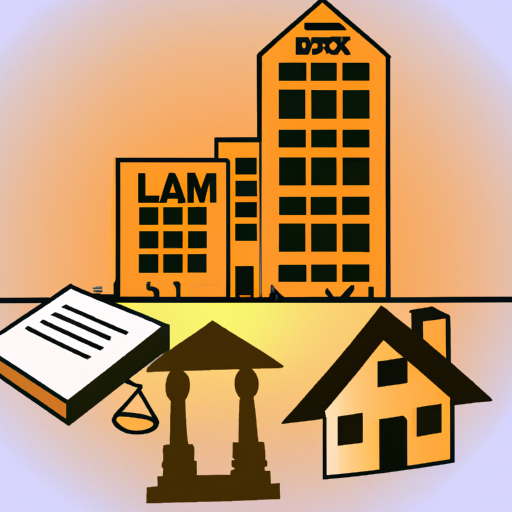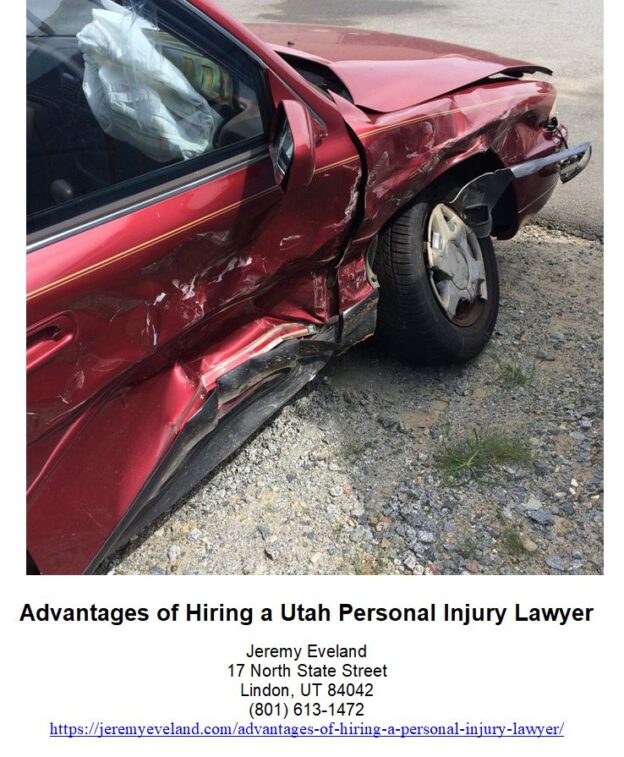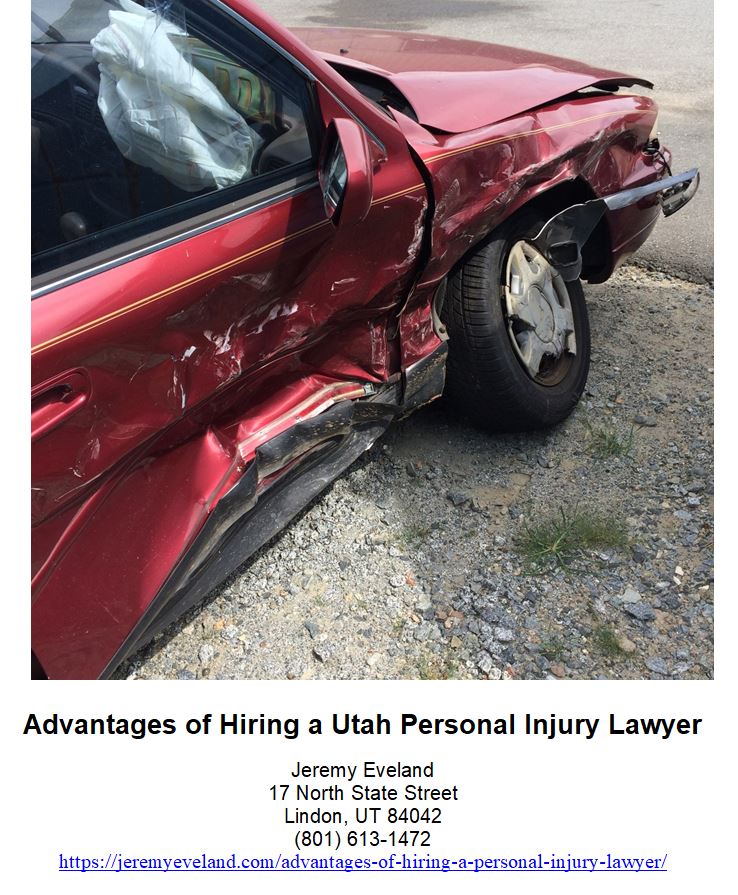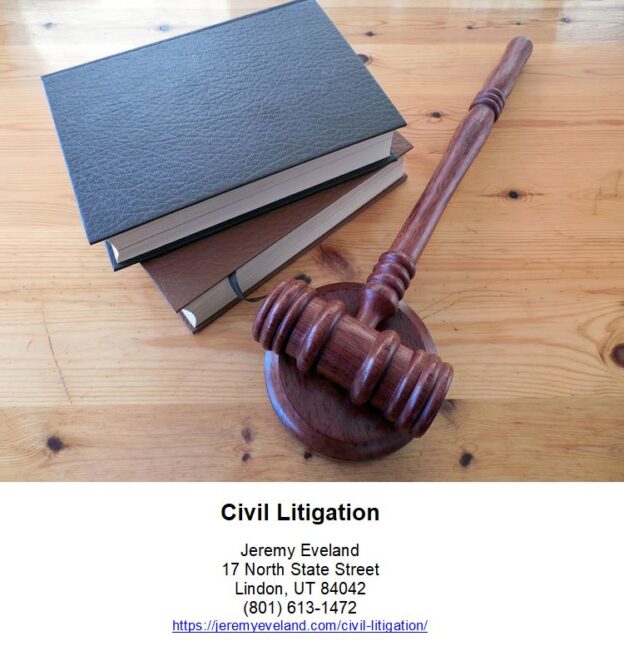Environmental regulations play a crucial role in protecting the environment from the detrimental effects of business activities. These regulations are designed to limit the amount of pollution and waste generated by businesses, and ensure that they operate within a framework that promotes sustainability. Compliance with environmental regulations is mandatory for businesses of all sizes, and failure to comply can result in significant legal and financial penalties. In this article, we will examine the impact of environmental regulations on business law compliance in detail.
Understanding Environmental Regulations
Environmental regulations are a set of rules and guidelines that govern the use of natural resources and the protection of the environment. These regulations are enforced by government agencies such as the Environmental Protection Agency (EPA) and the Department of Energy (DOE). Businesses are required to comply with these regulations to minimize their impact on the environment and prevent environmental harm.
Importance of Environmental Regulations in Business Law
As we progress into the 21st century, environmental regulations have become increasingly important to protect our planet and its precious resources. In this chapter, we will discuss the role of environmental regulations in business law and why they are necessary.
We will start by exploring the history of environmental regulations and how they came into existence. Next, we will delve into the different types of environmental regulations that exist, including those related to air quality, water quality, waste management, and hazardous substances.
Throughout this chapter, we will highlight the benefits of environmental regulations for both businesses and society as a whole. By implementing these regulations, governments can ensure that companies operate in an environmentally sustainable manner, minimizing their negative impact on the environment and protecting public health.
Complying with Environmental Regulations in Business
Once you have a good understanding of environmental regulations, it’s essential to learn how to comply with them. In this chapter, we will explore how businesses can navigate environmental regulations and avoid costly fines and legal penalties.
We will discuss the importance of conducting regular audits to ensure that your company is complying with all relevant environmental regulations. We will also cover the steps that businesses should take to mitigate any potential environmental risks and minimize their impact on the environment.
In addition to discussing compliance, we will also provide practical tips for businesses looking to go beyond compliance and adopt more sustainable practices. By doing so, companies can not only reduce their environmental impact but also improve their reputation and attract customers who value sustainability.
Environmental Regulations and Corporate Social Responsibility
In recent years, there has been a growing emphasis on corporate social responsibility (CSR). In this chapter, we will explore the relationship between CSR and environmental regulations.
We will discuss how environmental regulations can be seen as a form of CSR, with companies taking responsibility for their impact on the environment and broader society. We will also highlight the benefits of adopting a CSR approach to environmental regulations, including improved stakeholder relationships and a stronger brand reputation.
Throughout this chapter, we will provide examples of companies that have successfully integrated environmental regulations into their CSR strategies. By doing so, these companies have been able to create a positive impact on the environment while also driving business success.
The Future of Environmental Regulations
As the world continues to face pressing environmental challenges, it’s crucial to consider the future of environmental regulations. In this chapter, we will discuss the potential changes and advancements in environmental regulations that businesses should be aware of.
We will explore the role of technology in environmental regulations, including the use of sensors and data analytics to monitor and optimize environmental performance. We will also discuss the potential for new regulations related to emerging issues such as climate change, plastic waste, and biodiversity loss.
Throughout this chapter, we will highlight the need for businesses to stay ahead of changing regulations and proactively address emerging environmental challenges. We will also provide guidance on how businesses can prepare for these changes and ensure their long-term sustainability.
Case Studies in Environmental Regulation Compliance Types of Environmental Regulations
There are several types of environmental regulations that businesses must comply with, including air quality regulations, water quality regulations, waste management regulations, and hazardous materials regulations. Each of these regulations is designed to protect a specific aspect of the environment and promote sustainable practices.
Benefits of Environmental Regulations
Environmental regulations have several benefits for both the environment and businesses. For the environment, these regulations help to reduce the amount of pollution and waste generated by business activities, leading to cleaner air and water. For businesses, compliance with these regulations can help to improve their reputation, increase customer loyalty, and reduce the costs associated with environmental damage.
Challenges of Environmental Regulations
While compliance with environmental regulations is important, it can also be challenging for businesses. Compliance requires significant resources, including time, money, and expertise, which can be difficult for small businesses and startups to manage. Additionally, the regulatory landscape is constantly changing, making it difficult for businesses to keep up with new requirements and stay compliant.
Environmental Regulations and Business Law Compliance
Environmental regulations are a key component of business law compliance. Businesses that fail to comply with environmental regulations can face legal action, including fines, penalties, and even criminal charges in some cases. Compliance with environmental regulations is essential for businesses of all sizes to maintain their legal standing and avoid costly legal disputes.
Best Practices for Environmental Compliance
To ensure compliance with environmental regulations, businesses should implement best practices that promote sustainability and environmental responsibility. These practices may include reducing waste and pollution, using renewable resources, and implementing environmentally-friendly technologies. Additionally, businesses should stay up-to-date on regulatory changes and work closely with regulatory agencies to ensure compliance.
As environmental concerns continue to grow in importance, it’s becoming increasingly vital for businesses to take steps towards environmental compliance. Not only does compliance with environmental regulations help protect the environment, but it also helps businesses avoid legal trouble and maintain a positive reputation.
One of the best practices for environmental compliance is to conduct regular environmental audits. These audits can help businesses identify potential environmental issues and ensure that they are in compliance with all relevant regulations. An environmental audit can also help businesses identify areas where they can improve their environmental performance.
Another key best practice for environmental compliance is to stay up to date on all relevant regulations. Environmental regulations are constantly evolving, which means that businesses need to stay informed about any changes that may affect them. This can involve monitoring regulatory agencies’ websites, attending industry conferences or seminars, or working with environmental consultants.
It’s also important for businesses to establish an environmental policy and communicate it clearly to employees, customers, and other stakeholders. The policy should outline the business’s commitment to environmental responsibility and detail specific actions that it will take to achieve this goal. By communicating this policy to stakeholders, businesses can demonstrate their commitment to environmental compliance and help build trust with their customers.
Implementing a robust environmental management system (EMS) can also be an effective way to ensure environmental compliance. An EMS is a systematic approach to managing environmental impacts and involves identifying areas where improvements can be made, setting environmental objectives and targets, and regularly monitoring and reporting progress. Implementing an EMS can help businesses ensure that they are meeting all relevant environmental regulations and can also lead to cost savings by improving efficiency and reducing waste.
In addition to these best practices, businesses can take a number of other steps to promote environmental compliance. For example, they can invest in energy-efficient technologies, implement recycling programs, reduce water usage, and use environmentally-friendly products and materials wherever possible. Encouraging employees to adopt sustainable practices, such as using public transportation or carpooling, can also help reduce the business’s environmental footprint.
Ultimately, environmental compliance is not just about following regulations – it’s about making a commitment to protecting the environment and promoting sustainability. By adopting best practices for environmental compliance, businesses can take a proactive approach to environmental responsibility and demonstrate their commitment to sustainable business practices. This can lead to a range of benefits, including improved reputation, increased customer loyalty, and reduced regulatory risk.
The Future of Environmental Regulations
As the world becomes more environmentally conscious, environmental regulations are likely to become even more stringent. Businesses will need to adapt to these changes to remain compliant and avoid legal consequences. Additionally, businesses that prioritize environmental responsibility are likely to be more successful in the long term, as consumers become more environmentally conscious in their purchasing decisions.
Environmental regulations play a crucial role in promoting sustainable business practices and protecting the environment from the harmful effects of business activities. Compliance with these regulations is mandatory for businesses of all sizes, and failure to comply can result in significant legal and financial penalties. By understanding environmental regulations and implementing best practices for compliance, businesses can promote sustainability and environmental responsibility while maintaining their legal standing. As the world becomes more environmentally conscious, these practices will become even more essential for businesses seeking long-term success.
Areas We Serve
We serve individuals and businesses in the following locations:
Salt Lake City Utah
West Valley City Utah
Provo Utah
West Jordan Utah
Orem Utah
Sandy Utah
Ogden Utah
St. George Utah
Layton Utah
South Jordan Utah
Lehi Utah
Millcreek Utah
Taylorsville Utah
Logan Utah
Murray Utah
Draper Utah
Bountiful Utah
Riverton Utah
Herriman Utah
Spanish Fork Utah
Roy Utah
Pleasant Grove Utah
Kearns Utah
Tooele Utah
Cottonwood Heights Utah
Midvale Utah
Springville Utah
Eagle Mountain Utah
Cedar City Utah
Kaysville Utah
Clearfield Utah
Holladay Utah
American Fork Utah
Syracuse Utah
Saratoga Springs Utah
Magna Utah
Washington Utah
South Salt Lake Utah
Farmington Utah
Clinton Utah
North Salt Lake Utah
Payson Utah
North Ogden Utah
Brigham City Utah
Highland Utah
Centerville Utah
Hurricane Utah
South Ogden Utah
Heber Utah
West Haven Utah
Bluffdale Utah
Santaquin Utah
Smithfield Utah
Woods Cross Utah
Grantsville Utah
Lindon Utah
North Logan Utah
West Point Utah
Vernal Utah
Alpine Utah
Cedar Hills Utah
Pleasant View Utah
Mapleton Utah
Stansbury Par Utah
Washington Terrace Utah
Riverdale Utah
Hooper Utah
Tremonton Utah
Ivins Utah
Park City Utah
Price Utah
Hyrum Utah
Summit Park Utah
Salem Utah
Richfield Utah
Santa Clara Utah
Providence Utah
South Weber Utah
Vineyard Utah
Ephraim Utah
Roosevelt Utah
Farr West Utah
Plain City Utah
Nibley Utah
Enoch Utah
Harrisville Utah
Snyderville Utah
Fruit Heights Utah
Nephi Utah
White City Utah
West Bountiful Utah
Sunset Utah
Moab Utah
Midway Utah
Perry Utah
Kanab Utah
Hyde Park Utah
Silver Summit Utah
La Verkin Utah
Morgan Utah
Environmental Business Law Consultation
When you need help with the Impact of Environmental Regulations on Business Law Compliance call Jeremy D. Eveland, MBA, JD (801) 613-1472 for a consultation.
Jeremy Eveland
17 North State Street
Lindon UT 84042
(801) 613-1472
Related Posts
Are Legal Expenses for Estate Planning Deductible?
Common Legal Issues That Should Involve A Business Lawyer
Corporate Attorney West Valley City Utah
What Does A Corporate Counsel Do?
Can Corporate Counsel Represent A Corporation In Court?
Corporate Attorney Salt Lake City Utah
Business Succession Lawyer Saratoga Springs Utah
Estate Planning Salt Lake City Utah
Business Succession Lawyer Holladay Utah
Corporate and Business Law in Utah
Does Starting My Own Business Mean I Get A Corporation Automatically?
Impact of Environmental Regulations on Business Law Compliance


